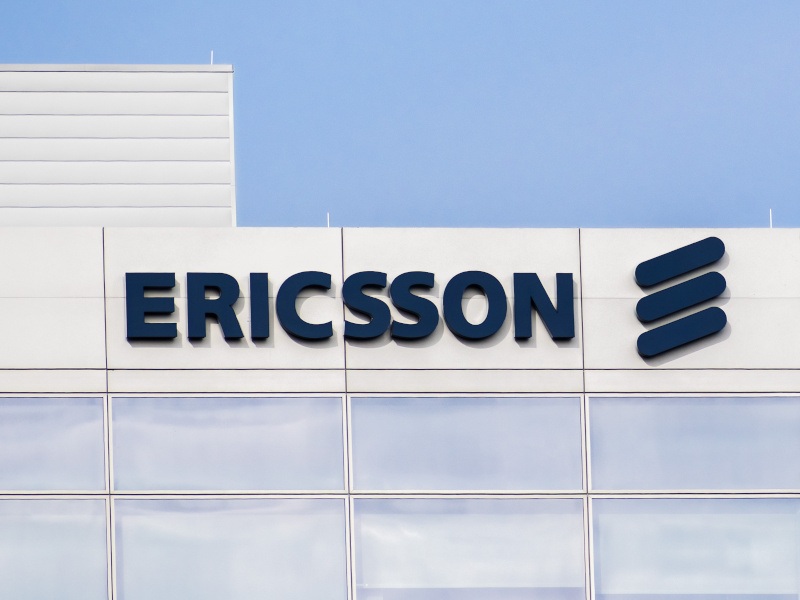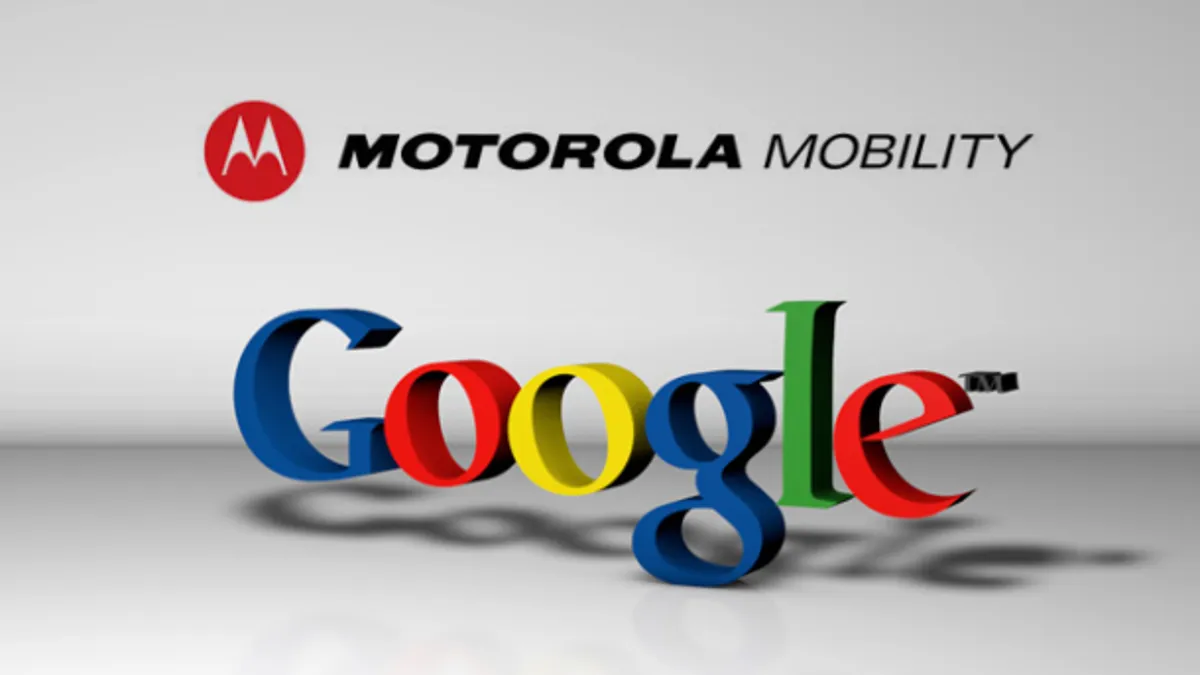
Over the years, some of the most valuable patents on the market have been sold for astronomical amounts of money. From telecommunications to biotechnology and medical innovations, these patents have been bought by wealthy investors or companies for billions of dollars.
The high prices for these patents demonstrate just how valuable intellectual property can be to companies. As technological innovation continues to drive the world forward, it’s likely that the prices paid for patents will only become stronger and more expensive, so if you happen to have some ideas, don’t hesitate to contact InventHelp who can help you work on them.
Intellectual Ventures’ Patents
In 2014, an investment firm called Intellectual Ventures purchased a portfolio of 8,500 patents from Panasonic for $3 billion. This included multiple electronic inventions as well as battery technologies related to electric vehicles and stationary energy storage products. It was one of the largest patent acquisitions at that time and signaled a new era where intellectual property became increasingly valuable due to technological advancement.
Monsanto’s Patent Sale

Monsanto is a multi-billion dollar agricultural technology company that has created some of the world’s leading seeds and herbicide products. In 2016, Monsanto sold its crop protection division to Bayer for a staggering $66 billion in cash and stock. This division included multiple patent portfolios that covered a wide range of agricultural chemicals, fertilizers, weed killers, insecticides, and fungicides.
Apple’s Acquisition Of Nortel Networks
Apple is one of the world’s leading tech giants with numerous patented inventions under their name such as the iPhone and iPad amongst others. In 2011 they made one of their biggest moves when they acquired 6,000 patented assets from Nortel Networks for over 4 billion US dollars. These included 4G LTE wireless standards along with other networking technologies used in their iPhones and Macbooks today.
Ericsson’s Patent Portfolio

Ericsson is another major telecom network provider with many important patented inventions such as GSM networks used by millions worldwide today. In 2017 it decided to sell off part of its patent portfolio to Intel Corporation for approximately 2 billion dollars. This portfolio contained around 2,400 telecommunications-related patents which cover 5G technology which will be seen in future devices soon enough.
Qualcomm / NXP Deal
Qualcomm is one of the leading chipmakers in the world whose products are used in many phones currently available on the market today. In 2018, Qualcomm purchased NXP Semiconductors; a major Dutch semiconductor manufacturer specializing in the automotive industry, and consumer electronics products – for nearly 40 billion US dollars. This deal contained 9500 NXP patents covering technologies in areas such as wireless communications, cryptocurrency, artificial intelligence, etc.
Google’s Purchase Of Motorola Mobility

Google has had its fair share of patent acquisitions over the years but its biggest purchase came when it bought Motorola Mobility back in 2012 for 12 point 4 billion US dollars. With this acquisition – they got not only 10 000 plus existing worldwide patents but also 7500 pending applications covering mobile phones, tablet computers, etc. Today – Motorola still produces smartphones that use Google’s Android operating system.
Sony’s Acquisition Of Dreamworks Animation
Sony is another big player in terms of industries like entertainment, gaming, etc as well as having critical patents under ownership related to them too in 2006 – Sony Pictures acquired Dreamworks Animation SKG – the leading motion picture studio maker behind movies like Kung Fu Panda Shrek How To Train Your Dragon, etc. – for 3 75 Billion US Dollars. This deal gave Sony access to thousands of motion picture industry patents including animation rendering 3D conversion special effects post-production etc.
As the internet and mobile device markets continue to grow, so too does their need for new technologies that require patent protection. Patent owners are able to license out their patented technologies in exchange for royalties, or they can sell them outright at huge sums of money – like the examples discussed above. These transactions indicate a growing trend of value creation through intellectual property rights as well as a lucrative return on investment.
Defensive Patent Strategies
In the intricate game of intellectual property, patents aren’t just instruments of offense; they are crucial for defense. Many corporations and entities, recognizing the ever-present threat of patent disputes and lawsuits in the business world, have adopted defensive patent strategies. By accumulating a vast patent portfolio, they not only secure their innovations but also arm themselves with a formidable shield against potential litigation.
Imagine a startup creating a groundbreaking technology. If they don’t protect their invention, larger corporations could easily replicate their work or, worse, sue them for infringement on some tangential aspect. Here’s where defensive patent strategies come into play. By holding a strong portfolio, the startup not only safeguards its innovation but deters potential patent aggressors.
Patent Monetization

While acquiring patents serves as a bulwark against intellectual property theft and litigation, there’s another critical dimension: patent monetization. It’s not just about holding patents; it’s about leveraging them for financial gains. Companies, researchers, and independent inventors often license their patented inventions to third parties, opening up a lucrative revenue stream.
Imagine inventing a novel battery technology but lacking the resources to manufacture it on a large scale. Through patent monetization, the inventor can license this technology to larger corporations, earning royalties. This financial facet underscores the multifunctional nature of patents – they’re not just protective, but profitable.
Patent Pools
The patent landscape isn’t solely defined by competition; collaboration has its unique space. Enter patent pools. Multiple entities, instead of fiercely guarding their innovations, often come together to share patents. This collective approach fosters an environment conducive to innovation, where participants can freely access and build upon shared technologies without fearing patent disputes.
For instance, in industries like telecommunications where products often incorporate multiple patented technologies, patent pools can prevent potential conflicts and ensure smoother product development. More info on the mechanics and advantages of patent pools is available for those curious minds who want to know more.
International Patent Deals
The patent realm isn’t confined within national boundaries; it spans globally. As corporations expand their reach, international patent deals have become the norm. These cross-border patent acquisitions and licensing agreements highlight the global nature of innovation and the value of patents on the world stage.
Consider a tech giant in the U.S. entering into a patent deal with an Asian electronics conglomerate. Such agreements underscore the importance of intellectual property in forging international business relationships and accessing novel technologies.
Challenges and Controversies
While patents fuel innovation and protect inventors, the system isn’t without its imperfections. Controversies often arise, especially when patents perceived as overly broad or trivial are granted. Such grants can stifle innovation, as other inventors may be deterred from building upon or around these controversial patents.
There’s an ongoing debate about the quality and validity of certain patents. Critics argue that some patents, especially in the tech domain, are granted for ideas that are either obvious or non-novel. These debates remind us that while the patent system plays a pivotal role in promoting innovation, it’s essential to ensure its integrity and fairness. For more info on the challenges and controversies in the patent landscape, exploring the resources on this website is highly recommended.








